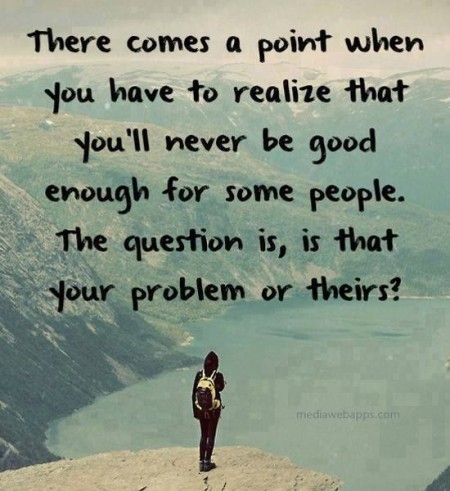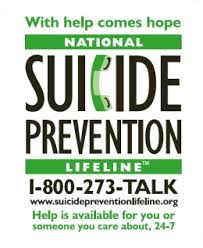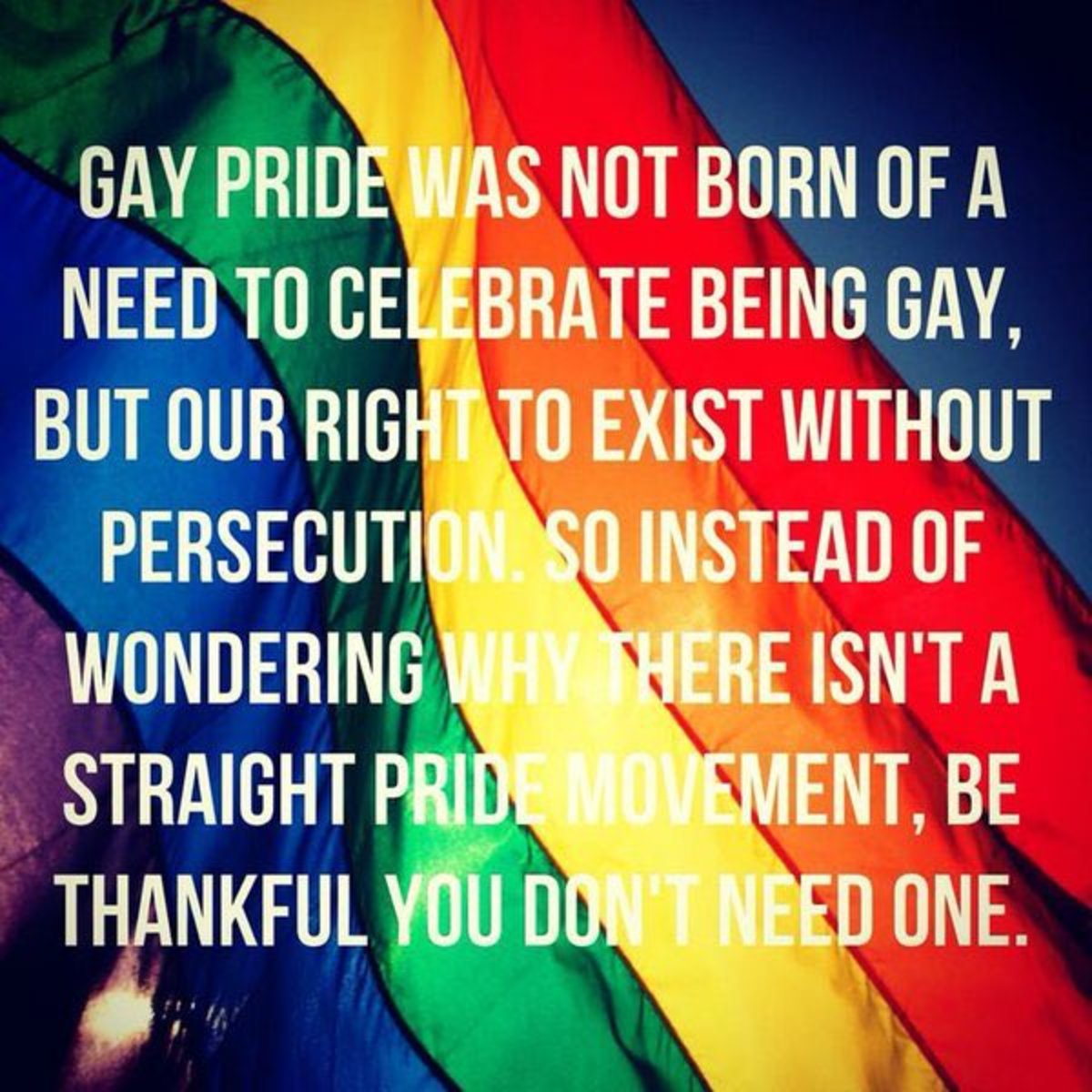Learned Societal Sexisms Creates A Perfect Storm For Internalized Homophobia

Learned Social Values
Some of what guides society is linked to beliefs and values. Remember as a child, boys wear blue and girls wear pink. This is where it all begins. Social roles are created from birth and that is why parents hang on the end of their seats to listen for the doctors exclamation, "it's a boy" or "it's a girl." Ever thought of how important that statement is? From that point forward children learn their particular "boy" or "girl" roles. Imagine for a moment, being homosexual, how does those predefined roles play into your world. Well first off, not very well. In so many ways, those that identify as being homosexual come against a great deal of prejudices, and some of them are felt by the individual themselves.
Internalized Homophobia
Internalized homophobia is the result of family and societal values learned at an early age that deems heterosexuality as the norm. Therefore, as a result, a person that sexually identifies as other than heterosexual takes on the notion that they are not normal.
This feeling is something many who do not identify as being heterosexual face at one point or another in their lives. What can occur is a negative self-evaluation as a result of those early trained thoughts of what is "normal" in terms of sexuality and sexual identity.

Do You Support Same Sex Marriages
When Issues Arise
The feeling that one is not normal impacts their overall thought of themselves and how they interact in the world. This can impact the person’s mental health as well which could lead to depression, anxiety, social isolation and social anxiety as well as other mental health disorders. In addition, a person that feels socially inept and has internalized homophobia may react by:
- Denying their sexual orientation to themselves or others.
- May attempt to alter or change their sexual orientation.
- May feel unworthy or that they are not good enough.
- May engage in obsessive thinking or compulsive behaviors.
- May under or over achieve in an attempt to gain acceptance from others.
- May have a low self-esteem or negative body image.
- May show contempt for others that are open about their sexuality in the LGBT community.
- May show contempt for those that are in early stages of coming out.
- May deny that homophobia, heterosexism, biphobia, or sexism are serious social problems.
- Project prejudices onto another target group.
- May become psychologically abused or remain in an abusive relationship.
- Attempt to “pass” as heterosexual and may even get married with the hopes of “being cured.”
- Increased fear and withdrawal from friends and relatives.
- May experience shame, depression, defensiveness and anger.
- Unsafe sexual practices and other destructive risk-taking behaviors that may increase the likelihood of contracting an STD or HIV.
- Substance abuse – both drinking and drugs.
- Thinking about suicide, attempting suicide or even committing suicide.
(The Rainbow Project 2010-2012)
The Roots of Homophobia
Identify Your Own Internalized Homophobia
Overcoming ones own internal conflicting views is part of the phase of becoming independent of ones family. All children begin this process commonly in the adolescent phase. This is where they identify their own personal views that either aligns or conflicts with raised values. For a person who identifies outside of the heterosexual bubble this process is further complicated. Parents often are more accepting of a child hanging out with “weird” friends more so than identifying as gay/lesbian/bisexual. Especially if the child has heard judgmental phrases coming from their parents mouths. But whatever the case may be one who is trying to overcome their parents/caregivers teachings must first do so internal searching and define where their values lay. Deciding which are pertinent in keeping and which are to be discarded are essential in finding internal balance. First one must identify the core beliefs that were taught during childhood.
Were they based on:
- Religion – did parents recite scriptures or make suggestions that same sex relationships were disallowed. How engrained in religion in your family. The more embedded the beliefs often prove for greater difficulties.
- Culture – does your particular culture agree or disagree with alternative sexual relationships? What does culture direct you to do with sexual urges? Some cultures allow for same sex sexual relationships prior to marriage though does not condone this behavior after marriage. Again discussing how closely confined you are to your cultural beliefs.
- Society – what does the particular social group you are connected with suggest about same sex relationships. How close do you feel to society and are their groups you can connect with in your local area that supports your lifestyle. Many high schools around the US have local chapters of GSA (Gay-Straight alliance) which may be able to direct you to other local organizations.
- Family level of Education – I put this in because it is known that with education comes acceptance. So traditionally families that are educated in social concerns are more apt to acknowledge alternative lifestyles. Often judgment is lead by ignorance. So educating families on same sex relationships and the biological components of sexuality may be helpful.

Same-Sex Couples
Important Tips
- Challenge your thoughts from being “flawed” by society to one that is empowering to you and others
- Learn self-acceptance and that of others
- Accepting that others may have negative perceptions of your lifestyle, yet that has nothing to do with you and how you feel about yourself - that is an identification of their ignorance not your "flaw"
Create New Core Values
Once you can identify and grapple with your own beliefs then when the time is right challenging all of who you are will come next. This process does not happen overnight as beliefs are deeply engrained and takes time to reverse or alter. So the steps below can help to get a little closer to internal peace.
- Challenge the accuracy of those thoughts as they pertain to your life. What beliefs fit and which do not? For the ones that do not make a list so that you can come back at a comfortable time and research how you can alter that belief into something more feasible for your life. For example, if religion is a problem area, many times it is, how can you stay focuses on a spiritual belief of a higher power and still remain the person you are?
- Find more personally acceptable beliefs that include your sexual identification. Again making a list so that you can keep track of beliefs as they arise which make you uncomfortable with you. There are no limitations to that list. Finding alternative beliefs may take substantial time, hence the need for a list.
- How does your understanding of your sexuality and core values blend to make new core beliefs. Again as you make progress finding new beliefs the hope is that they become a new set of core values. Those core values take time to develop. If you have noticed by this point changing your internal thoughts to match who you are takes time. So be patient with yourself.
- Surround yourself with others that have a similar sexual identification and that share your same beliefs or that can help you to gain insight to self-fulfilling beliefs as opposed to defeating ones. Being with others who are most like you help to create a new societal view. Your society is whom you mingle with. If you notice people associate with those whom they identify with, being in a same sex relationship is no different. That does not mean that you will not interact with the society at large because often that can not be accomplished, it just means that your close friends will be those in your circle.
- Find a local support group that can provide a safe atmosphere and guide you in the “coming out” process. If you are currently “out” allow this group to support your change in core beliefs.

If you or someone you know is thinking about harming yourself please seek help

When to Seek Professional Help
If self-help measures fail to be successful you may decide to seek professional help. Many therapists work specifically with gender and sexual identity concerns. It can prove to be very helpful to get an outside perspective and particular interventions that will help to overcome long-term and deeply engrained perceptions and phobias.
Seeking professional help may be appropriate if:
- You have lost interest in previously enjoyed activities
- If you have the urge to harm yourself or self-mutilate
- If you are thinking about coming out to your family and fear their reaction
- If you are questioning your purpose or existence
- If you are questioning your sexual identity or gender identity





